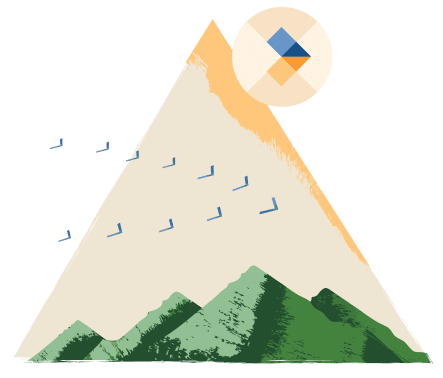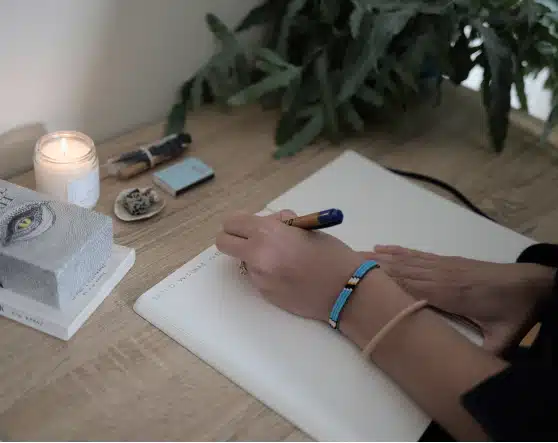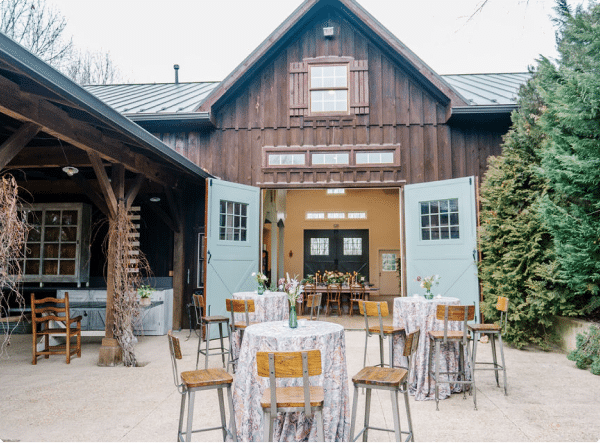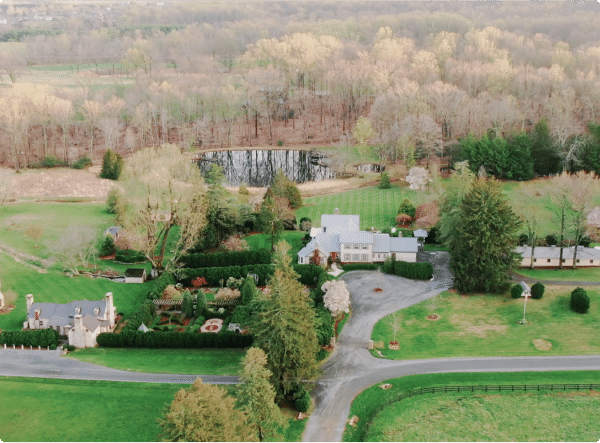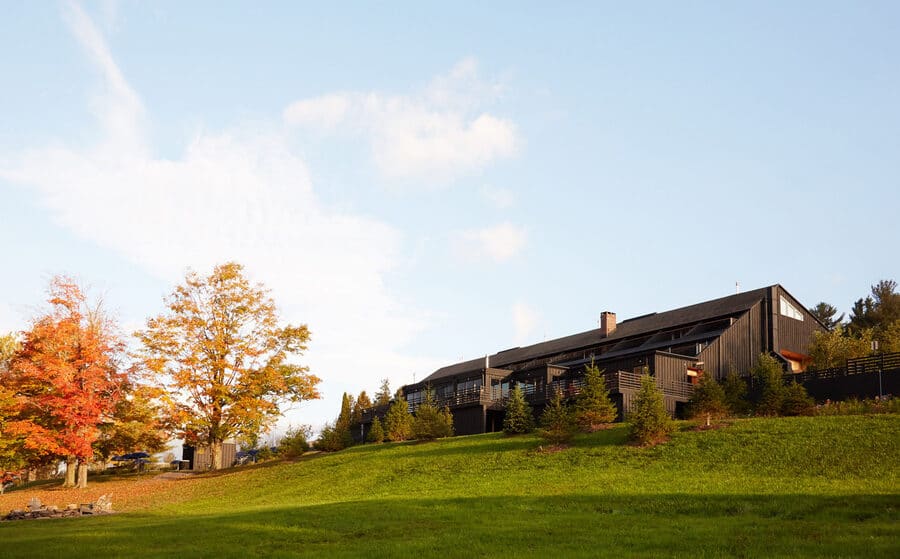1/2-1 Day Sample Agenda
Objective: to enhance individual and team talent dynamics for improved performance, collaboration, engagement, and well-being
Share key statistics, background, and impact of CliftonStrengths
Warm-up: Strengths scavenger hunt / nature walk to facilitate deeper understanding and ownership of each leader’s talents and to get the participants moving to maximize their engagement
Strengths framework of “Name, claim, tame, aim” introduction — sample activities that would coincide with this framework are:
- Name: Each leader to share their strengths artifacts (nature objects) and create their own strengths flashcards to refer back to post workshop
- Claim: Partner speed chats to articulate what each talent contributes to and needs from the team
- Tame: Strengths “above the line” vs. “below the line” to understand the impact of your talent in times of stress and pressure vs. moments of creativity and collaboration; create strategies for self-regulation and resilience at work
- Aim: Strategic application to self and team development opportunities to foster sustainable change and promote effective team collaboration

